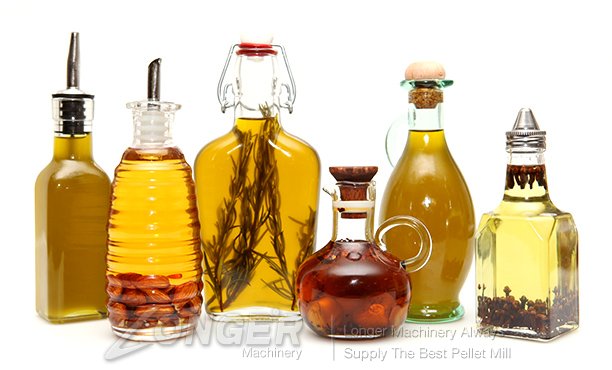What is the Best Cooking Oil?
2015-11-26
Getting busy in the kitchen? You're going to need a little bit of fat to add flavor and moisture and keep food from sticking in the pan. While some fats can handle the heat, others don't fare so well, losing their original taste and nutrition content in the cooking process. Those that do hold up (aka have higher smoking thresholds) tend to be best for cooking, at least for those of us who prefer our meals without a side of char.Oils tend to handle higher temperatures better than solid fats, which burn more quickly. Additionally, cooking with oil versus butter or lard is generally a better (and often times more flavorful!) option for those trying to minimize saturated fats.
Read on to find out how to pick the best oil for cooking any dish.
Read on to find out how to pick the best oil for cooking any dish.
Olive Oil
It’s most flavorful in its raw, uncooked form, but it’s also a winner for cooking, too. Olive oil is extremely rich in monounsaturated fats and a great source of phytochemicals, which might help prevent some types of cancer. Olive oil is best consumed “cold-pressed” (literally pressed out of the olive, with minimal heat involved), so avoid “pure olive oil,” “light olive oil,” or simple “olive oil” labels for maximum flavor and nutrition, at least when eating it cold. And while heating olive oil will strip it of some flavor and enzymes, a high-quality bottle is a cooking essential.
Canola Oil
Canola oil is also a great source of essential fatty acids like lineoleic acid (omega-6) and alpha linolenic acid (omega-3). most people get their share of omega-6s from everyday meals, it’s less common to get enough omega-3s, which have been linked to the prevention of heart disease.
Coconut Oil
This kitchen all-star can withstand some seriously high heat, making it a go-to for frying. And while it has a high amount of saturated fat, coconut oil has been tentatively linked to overall reductions in blood lipid content (including excess triglycerides, the clog-happy stuff rolling around in our blood vessels). Coconut oil has numerous other health benefits (like promoting weight loss and a healthy digestive tract) and can be a useful tool when applied in moderation . And don’t worry about making the kitchen smell like Gilligan’s Island— the “virgin” variety is virtually scent-free.
Other Oils
Exploring cooking with slightly more exotic options, like safflower, avocado, sesame, sunflower, grape seed, and almond oil is also a good choice. Many alternative vegetable oils are high in polyunsaturated fats, which can lower blood cholesterol levels and risk of heart disease.

 wendy@machinehall.com
wendy@machinehall.com 0086-18539931566
0086-18539931566